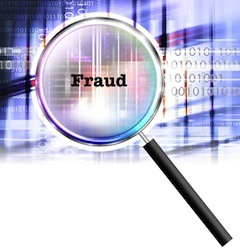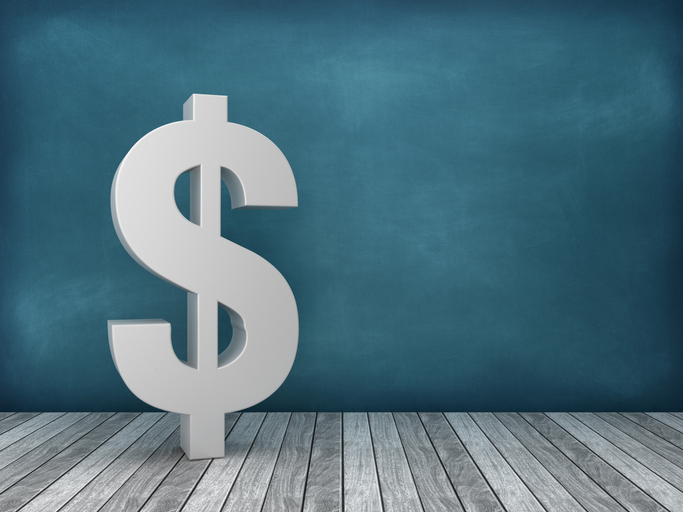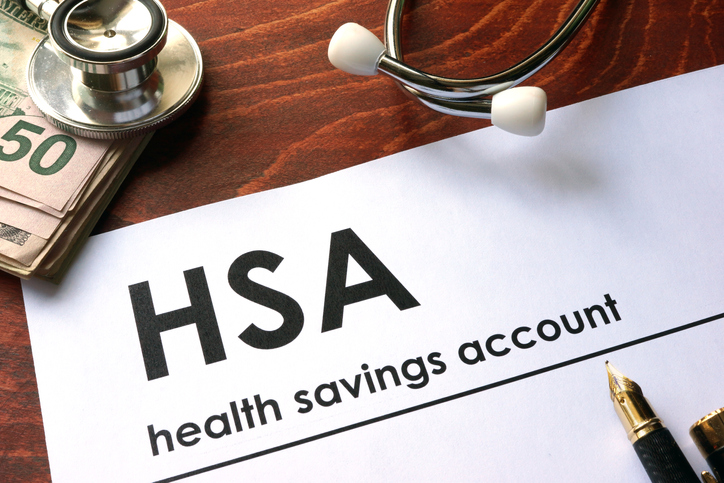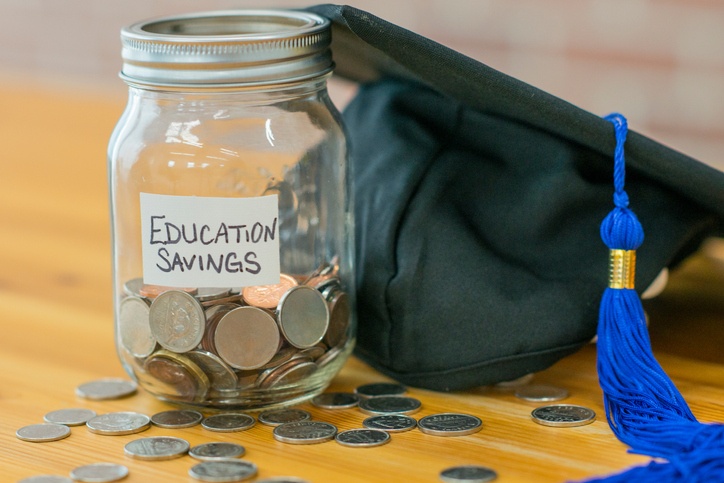 A lot of information has been published recently regarding Ponzi schemes and fraud. The negative PR has impacted the self-directed IRA industry and investors, at times frightening them into considering a return to traditional stock markets, CDs, or worse; hiding their money under mattresses.
A lot of information has been published recently regarding Ponzi schemes and fraud. The negative PR has impacted the self-directed IRA industry and investors, at times frightening them into considering a return to traditional stock markets, CDs, or worse; hiding their money under mattresses.
Look at the sheer number of people who lost money with Bernie Madoff. Were they just Self-Directed IRA holders?
The truth, whether in a self-directed IRA or a personal portfolio, is that due diligence applies before buying.
How can you protect yourself from fraud?
Think about how you or your Self-Directed IRA was approached in the first place.
Were you enticed to attend an event? Were you solicited from certain affiliations that you may have? Not that a “free lunch” means you are dealing with a scheme, far from it, but unprofessional or hard tactics in marketing materials or presentations in which you feel forced to buy should raise a red flag.
What about the investment itself? Did it offer a much higher than average interest rate or return? Did the product provider “guarantee” the investment? Remember the old adage: if it sounds too good to be true, it usually is.
Did the product providers offering the private placement memorandum (PPM) have any of their own money in the offering? Had you researched the company with the Secretary of State in the state of its location and are they in good standing? Had any lawsuits been filed against the company? Had there been any complaints reported on the rip off report?
Do you have the necessary documents to make an informed decision as to whether this investment is good for you or your self-directed IRA?
You may wonder why I would write about this. As you know, IRA Innovations does not provide investment advice or recommend any products or providers to our clients. We are not responsible for the profit or loss of an investment. We strictly follow the wishes of the client who chooses to invest in an alternative asset.
Learning from Self Directed IRA investments.
I am addressing this because one of my older clients contacted me recently. She invested $50,000 of her self-directed IRA funds with a business friend she has known for years. First trust deeds in Utah served as the security for the pool of dollars. The investment paid 12% for seven years, interest only. Return of principal was due at the end of year seven. She, along with close to 600 other investors, never doubted the person who put together the PPM. He was a friend.
After 22 months of paying timely, the market changed, things tightened and payments to her self-directed IRA stopped. In this case, the provider tried to explain what was happening and requested that the investors be patient. Unfortunately, not all agreed with patience as the strategy for payments. A few hired an attorney who contacted the authorities, in this case the SEC, and the provider was eventually shut down. They have since been appointed receiver, with the job of recouping as much as they can for their creditors.
My client was devastated. She believed that the provider would have made good on the investment if given the time. She felt that the recent turnaround in real estate where these properties were secured by notes would have maintained or increased in value. Now she is being told “if she sees 10% of her investment back after all expenses she’ll be lucky.”
None of us have a crystal ball to predict what outcomes the stock market or a private investment in our Self-Directed IRA will have. In this case, I guess my client could have protected herself by buying one note with her investment dollars. Should the note have defaulted, she could have foreclosed and gotten the property. But that was not the reason why she did the deal in the first place. She did it because she trusted her friend. Unfortunately, it went wrong.
All you can do as an investor, whether with your self-directed IRA or individually is make sure you understand what you are buying. Check out the investment carefully and feel good about your choice to grow your wealth.



